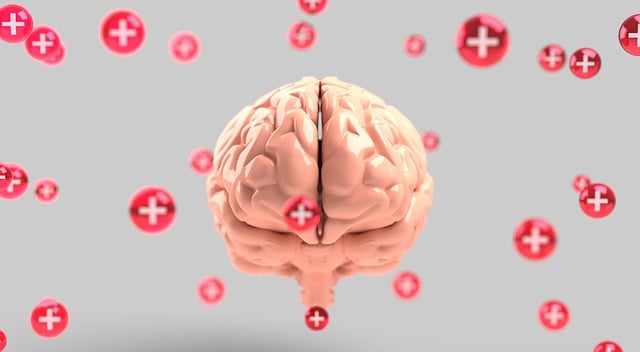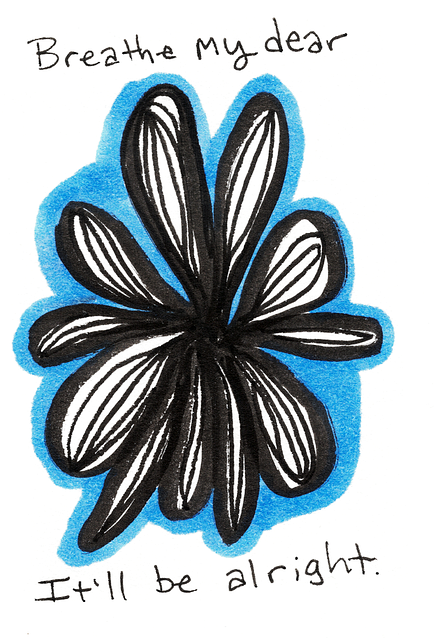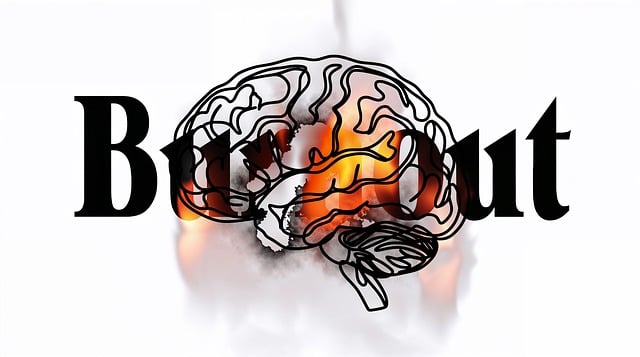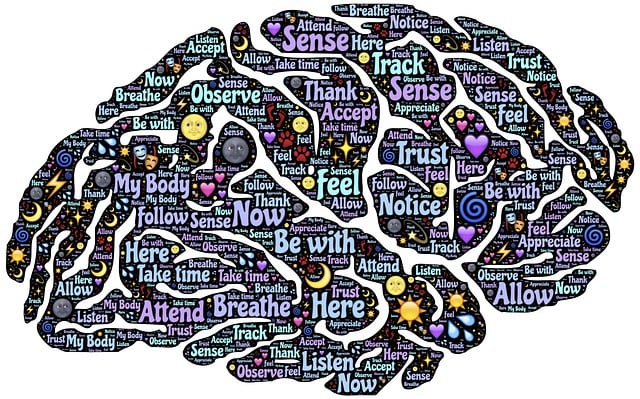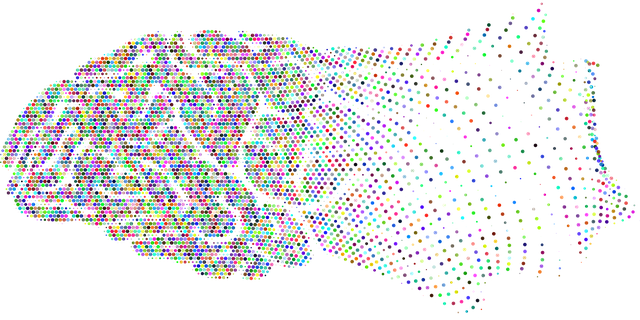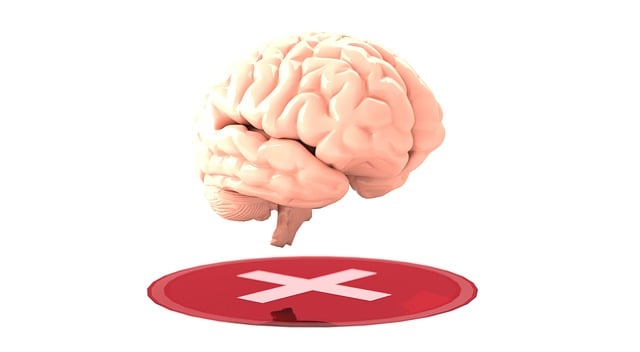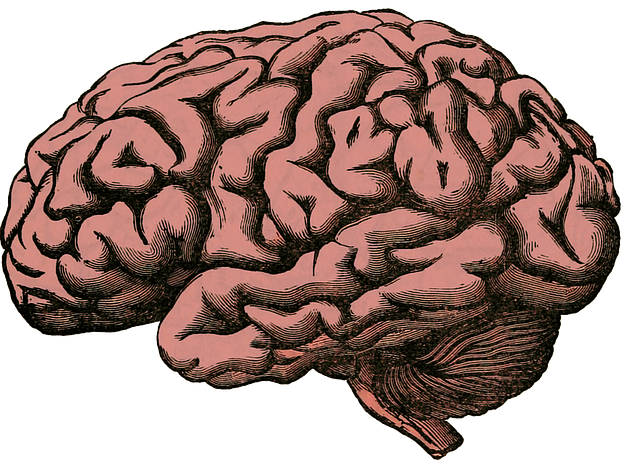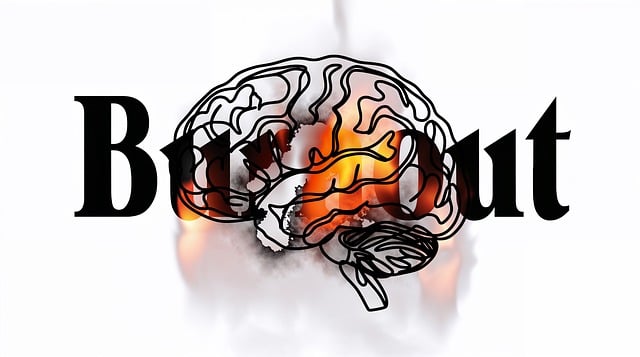Resilience is a powerful tool in therapy for adults with gender identity issues, with the RFM (Resources, Fortitude, Mastery) model offering an effective framework. By focusing on building internal resources, fortitude, and life mastery, individuals are empowered to challenge negative thoughts and practice self-compassion. Mindfulness practices, cognitive reframing, and creative outlets enhance self-esteem and coping abilities, fostering mental fortitude. An inclusive approach, tailored to individual preferences, ensures a resonant therapeutic experience. Implementing Resilient Mindfulness (RFM) exercises, including guided meditations and body scans, cultivates present-moment awareness and emotional healing. Cultural sensitivity is crucial for tailoring these practices to diverse backgrounds. Success is measured through multifaceted evaluation, and sharing journeys on the Mental Wellness Podcast Series offers inspiration. Integrating RFM into comprehensive gender identity support facilitates positive transformations, empowering individuals to overcome challenges and achieve self-acceptance.
Resilience is a key component of well-being, especially for adults navigating therapy for gender identity. This article explores the implementation of RFM (Resilience, Flexibility, and Mastery) exercises within gender identity therapy. We delve into the significance of RFM in enhancing clients’ coping mechanisms and overall resilience. It provides a structured approach to selecting suitable exercises, practical strategies for integration into sessions, and methods for overcoming challenges to measure successful outcomes. By understanding these aspects, therapists can effectively support adults in their gender identity journeys.
- Understanding RFM and its Relevance to Gender Identity Therapy
- Identifying Resilience Building Exercises for Adult Clients
- Practical Implementation Strategies in a Therapeutic Setting
- Overcoming Challenges and Measuring Success
- Integrating RFM into Comprehensive Adult Gender Identity Support
Understanding RFM and its Relevance to Gender Identity Therapy

Resilience is a cornerstone in therapy for adults with gender identity issues, and RFM (Resources, Fortitude, and Mastery) models offer a unique and effective framework. Understanding RFM involves recognizing that it focuses on building internal resources to cope with challenges, fostering fortitude to face adversity, and cultivating mastery over one’s life. In the context of gender identity therapy, these principles are invaluable.
The Mind Over Matter principles encourage individuals to challenge negative thoughts and beliefs, fostering a sense of self-compassion and resilience. Compassion cultivation practices help clients develop empathy for themselves and others, which is crucial for navigating the complexities of gender identity. Emotional well-being promotion techniques enable therapists to guide patients in managing stress and building coping mechanisms, ultimately enhancing their ability to thrive despite external pressures or internal struggles related to their gender identity.
Identifying Resilience Building Exercises for Adult Clients

Identifying effective resilience-building exercises for adult clients is a nuanced process that requires understanding their unique backgrounds and therapeutic needs. Therapy for adults with gender identity issues often involves navigating complex emotions and experiences, making it crucial to incorporate tailored activities that foster resilience. These exercises should aim to boost self-esteem and confidence, which are often challenged by societal pressures and internalized negative beliefs. By integrating strategies such as mindfulness practices, cognitive reframing techniques, and creative outlets, therapists can empower clients to develop a stronger sense of self and cope with potential burnout prevention triggers.
Resilience-focused therapy should be inclusive and sensitive to individual preferences. For example, some clients might benefit from physical activities that promote a sense of accomplishment, while others may find solace in artistic expressions or group discussions. Incorporating these exercises into treatment plans can significantly enhance the therapeutic experience, enabling adults navigating gender identity challenges to build mental fortitude and improve their overall well-being.
Practical Implementation Strategies in a Therapeutic Setting

Implementing Resilient Mindfulness (RFM) exercises within a therapeutic setting offers a powerful approach to enhancing emotional healing processes for adults navigating gender identity challenges. These strategies are meticulously designed to foster emotional well-being promotion techniques tailored to individual needs. Therapeutic practitioners can incorporate RFM by integrating mindfulness practices into regular sessions, encouraging clients to explore their thoughts and emotions without judgment.
For instance, guided meditations focused on breath awareness or body scans can help individuals cultivate present-moment awareness, a cornerstone of resilience building. Additionally, cultural sensitivity in mental healthcare practice plays a pivotal role here. Therapists should adapt RFM exercises to respect diverse cultural backgrounds, ensuring that practices resonate with clients’ unique experiences and beliefs. This personalized approach not only enhances the effectiveness of therapy but also fosters trust and engagement, ultimately contributing to profound emotional transformations.
Overcoming Challenges and Measuring Success

Overcoming challenges is a pivotal aspect of resilience-building exercises, especially for adults navigating therapy related to gender identity. These individuals often face complex emotions and societal barriers, making it crucial to employ effective strategies. Through tailored interventions, professionals can empower clients to confront and overcome these hurdles. One such approach involves integrating mindfulness meditation and compassion cultivation practices into the therapeutic process.
Measuring success in this context requires a multifaceted evaluation. Therapists should assess clients’ progress by tracking their emotional well-being, self-acceptance, and adaptation to life’s challenges. The Mental Wellness Podcast Series Production can be a valuable tool for sharing these journeys, offering inspiration and guidance to others. By combining these methods, professionals can foster a supportive environment, enhance mental wellness, and ultimately facilitate positive transformations in the lives of adults seeking therapy related to gender identity.
Integrating RFM into Comprehensive Adult Gender Identity Support

Integrating RFM (Resilience-Focused Mindfulness) into comprehensive adult gender identity support is a powerful approach to enhancing mental wellness and facilitating emotional healing processes for those navigating therapy for adults with gender identity concerns. By weaving mindfulness practices into traditional therapeutic models, professionals can empower individuals to build resilience and cope effectively with the unique challenges they face. This holistic strategy recognizes that mental health awareness and personal growth go hand in hand.
The Mental Wellness Podcast Series Production often highlights the benefits of combining RFM techniques with specialized gender identity support. Through guided meditations, body scans, and present-moment awareness exercises, individuals can develop a deeper sense of self-acceptance and understanding. Such practices enable them to confront and overcome internalized societal norms and personal biases, fostering an environment where emotional healing can thrive.
Implementing Resilience-Focused Therapy (RFT) through resilience-building exercises offers a transformative approach to therapy for adults exploring their gender identity. By integrating these strategies, therapists can empower clients to navigate challenges, foster a sense of self-efficacy, and enhance overall well-being. This comprehensive framework, as outlined in this article, provides a roadmap for professionals to effectively support adult clients on their gender identity journey, ensuring they develop the resilience necessary to thrive in a complex world.
